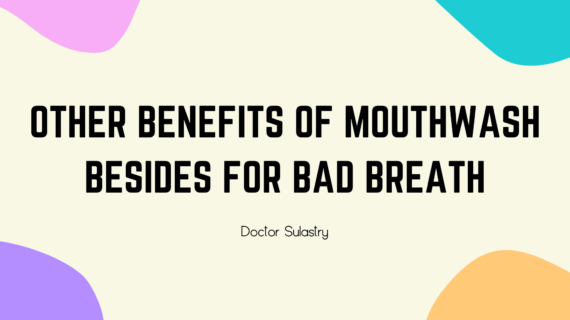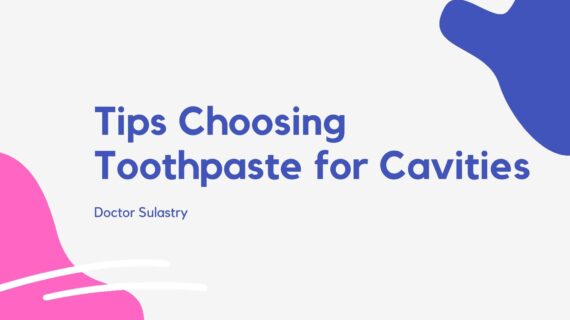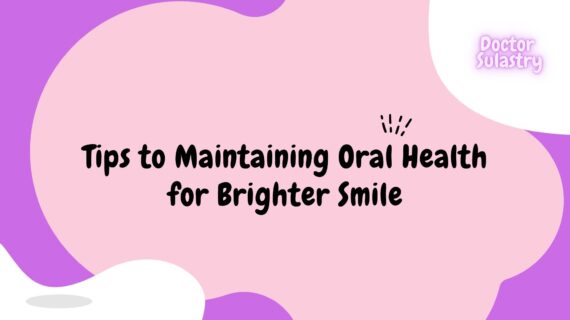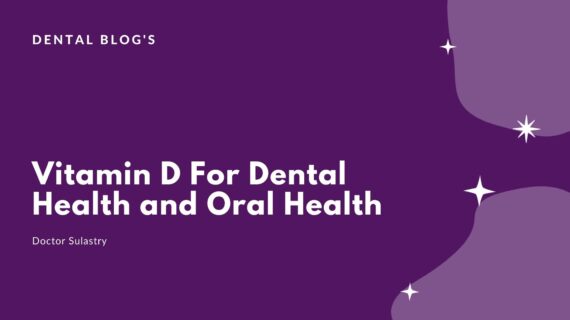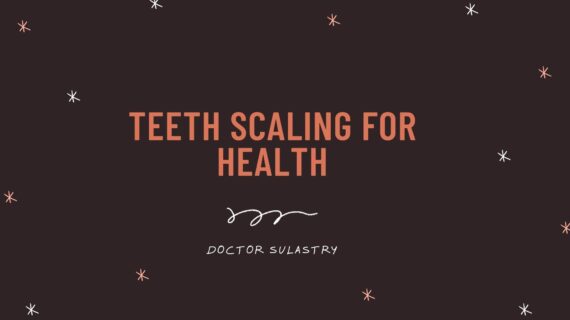Other Benefits of Mouthwash – The mouthwash that you often use is an antiseptic liquid that is used to clean between your teeth. The surface of your tongue and gums, and the back of your mouth or esophagus. Many people use mouthwash to treat their bad breath. Some other people use mouthwash to function like saliva, which is to keep their mouth moist and neutralize acids.
You can use a number of mouthwashes over the counter, but some are specifically designed to treat certain health problems. The other type is usually prescribed by a doctor.
Also Read Teeth Whitening Facts and Benefits That Should You Know
Ingredients in mouthwash
There are many choices of mouthwash with different supporting ingredients that you can buy. Of course, the benefits of each mouthwash are different. The mouthwash products you buy usually contain these ingredients:
- Antimicrobial: reduces plaque, gingivitis, and gingivitis in the early stages, and kills bacteria that cause bad breath.
- Bad breath repellent: deactivates odor-causing compounds.
- Astringent salt: masking agent for bad breath.
- Fluoride: helps prevent tartar and cavities.
- Peroxide: helps prevent the appearance of stains on the tooth surface.
- Antiseptics such as chlorhexidine gluconate or hexetidine.
- Tastes like sorbitol, sucralose, sodium saccharin.
While mouthwash used with a prescription may contain antifungal ingredients to prevent fungal growth, antibiotics to help kill bacteria, local anesthetics or antihistamines, antacids, and corticosteroids to treat inflammation. This type of mouthwash is often used as a mouthwash for toothache.
Unless it has been prescribed by a doctor, you should avoid using mouthwash in children under 6 years of age. Especially those containing alcohol, as there is a risk of ingestion. Mouthwash that contains alcohol is also at risk of making bad breath worse because it can cause the mouth to become dry. In addition, until now there is still debate among experts about the use of mouthwash containing alcohol in the long term associated with the development of oral cancer.
Other benefits apart from bad breath
Bad breath or halitosis is a common complaint for people or you. Besides being caused by bacteria, food left between the teeth and the surface of the tongue can also cause complaints of unpleasant odors.
In addition to the benefits of mouthwash to treat bad breath, it turns out that there are many other benefits of mouthwash products that you must know.
- Mouthwash can help you to prevent plaque from building up on your teeth.
- Mouthwash that contains fluoride will helps you to reduce the risk of cavities caused by bacteria and acids. Also can makes your teeth stronger.
- Certain mouthwashes you can also used postoperatively or after tooth extraction.
- Several types of prescription mouthwash you can used to treat oral diseases. Especially that can be caused by radiation therapy or chemotherapy.
However, mouthwash, especially over-the-counter, is generally not a drug to treat dental and gum disorders, especially those that are already severe. Therefore, if you experience this kind of health problem, it is still important to see a dentist. In addition, keep in mind that mouthwash is not a substitute for brush and toothpaste because they still play an important role in cleaning food debris and bacteria on the teeth.
How to use mouthwash the right way
If you want to get the most out of mouthwash, you have to use it properly.
- Make sure your mouthwash is certified safe.
- Mouthwash is usually used once a day before going to bed or after brushing your teeth. You can also follow the doctor’s instructions. It is recommended that you use it at the same time.
- Generally there is a measuring cup measuring approximately 10 mm or the equivalent of 2 full teaspoons that can be used once. Avoid using more than the above dosage unless recommended by a doctor.
- Use it to rinse your mouth for about a minute. Then remove it from the mouth. Never swallow this medicine unless your doctor allows it. Always accompany small children when they use mouthwash.
- To get maximum results, you should avoid eating food or gargling with other fluids for at least 30 minutes after using this mouthwash.
- Gargle after brushing your teeth and before using mouthwash because certain ingredients in toothpaste can inhibit the action of chlorhexidine in mouthwash.
Conclusion
People who are sensitive or allergic to certain ingredients in mouthwash, can develop sores, redness, and pain in the mouth. These reactions can usually be treated by diluting mouthwash with plain water or changing mouthwash, such as using salt water.
You should go to the doctor if you experience side effects or stains appear on your teeth or on your tongue.
